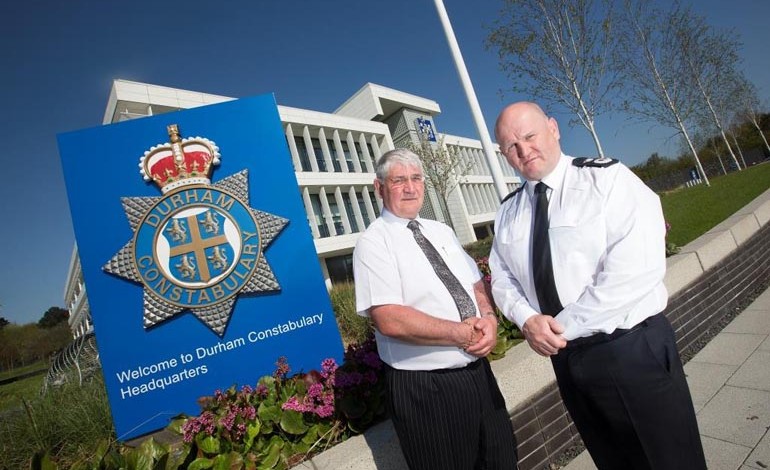Concerns have again been raised relating to the damage that cheap alcohol is causing in the North East of England and the increasing pressure it puts on our policing services.
The three North East PCCs have collaboratively penned a letter to the Home Secretary, Amber Rudd, calling on the Government to follow Scotland’s innovative lead and introduce Minimum Unit Pricing (MUP) for alcohol in England.
Balance, the North East Alcohol Office, reports that there were an estimated 239,000 alcohol related crimes in the region in 2015/16, costing the economy £331m.
Research by Sheffield University estimates that in its first five years, a MUP of 50p would prevent 182,000 crimes, producing a saving of £711m.
In the North East, it would prevent 11,000 crimes and save £66m – and these are likely to be conservative estimates.
Durham Police, Crime and Victims’ Commissioner, Ron Hogg said: “Our police officers are experiencing the brunt of this problem on a daily basis.
“A survey of North East frontline officers in 2013 revealed that over half believe that alcohol related crime takes up at least half their workload, while 86 per cent have been subjected to an alcohol related assault. It is time to take a new approach and start to tackle this issue. ”
Cleveland Police and Crime Commissioner, Barry Coppinger said: “Whilst we recognise that MUP is not the magic fix all solution, we believe that by increasing the price of the cheapest alcohol products consumed by the heaviest drinkers we will be targeting those individuals who cause our forces the greatest problems.”
MUP has growing cross sector support from leading international bodies such as the Organisation for Economic Co-operation and Development (OECD) and the World Health Organisation (WHO).
It is also supported by national bodies such as the National Institute for Health and Care Excellence (NICE), the Royal Medical Colleges and the National Police Chiefs’ Council (NPCC).
The public are hugely supportive of this approach, with over half of people in support the measure. Independent pub landlords also back it by a ratio of 2 to 1.”








